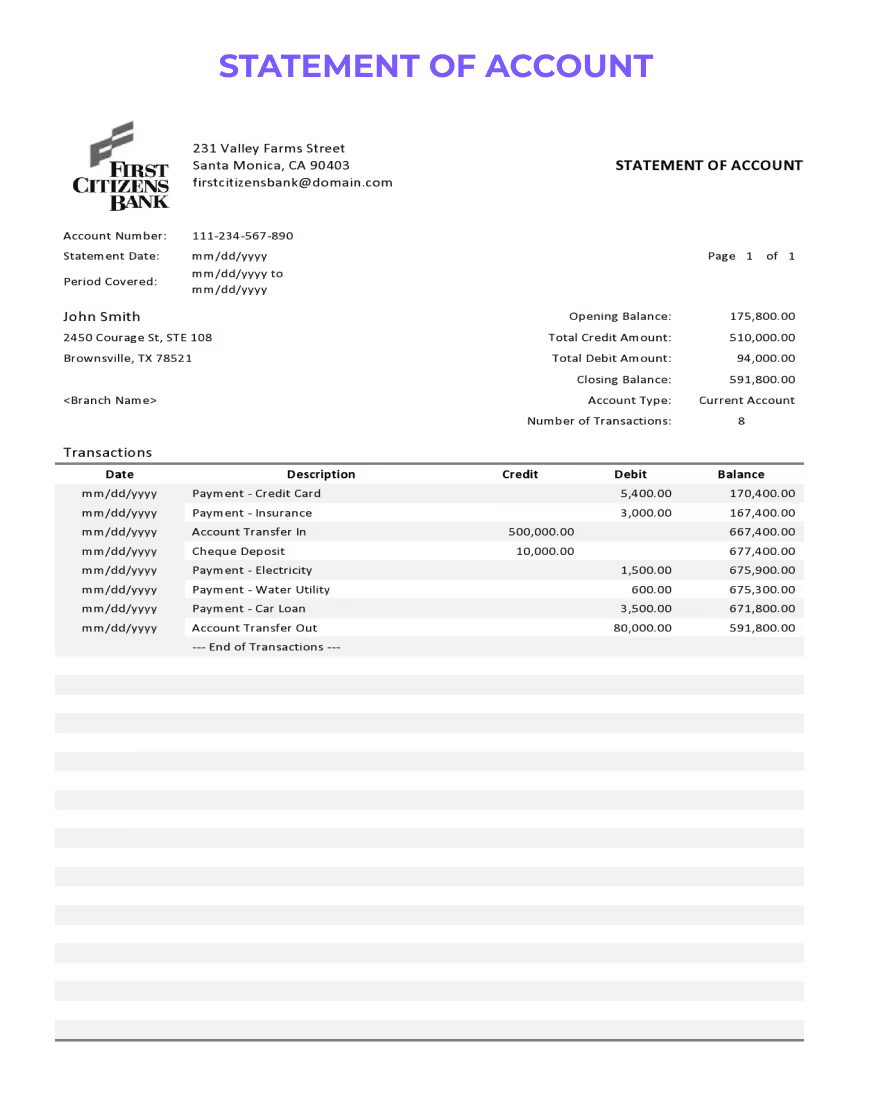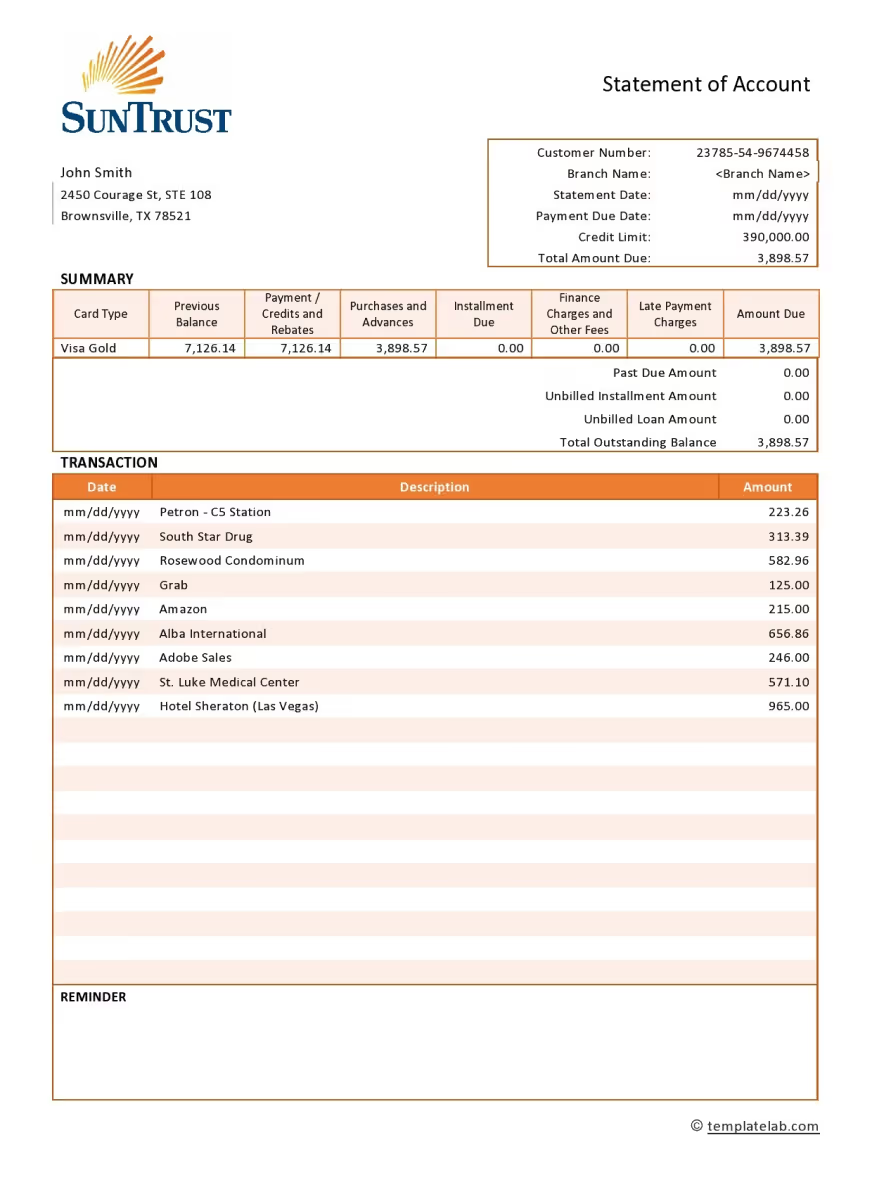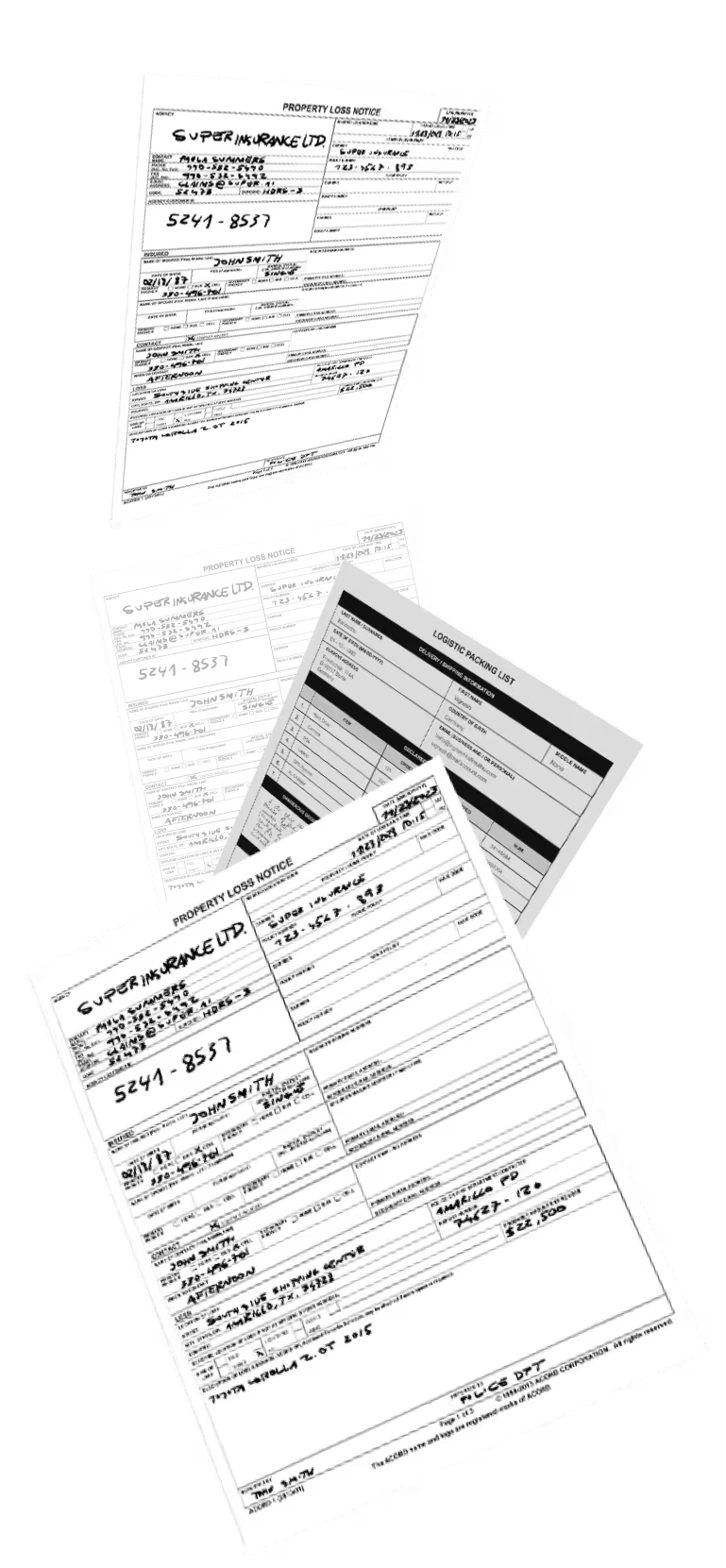
Start processing 100% of complex documents.
Submit your information to get started with super.AI Intelligent Document Processing (IDP).

.svg)

Enhance Transaction Data with Artificial Intelligence
Transform unclear billing descriptors into organized data with super.AI IDP, enhancing financial visibility and decision-making.

Trusted By Enterprises In Logistics, Shipping, Financial Services, And Technology Worldwide






Trusted by Industry Leaders Across the Globe










Enhance Financial Visibility with Automated Data Organization
Utilize super.AI IDP to automatically classify and organize transaction data, converting unclear billing descriptors into clear, structured information, facilitating better financial analysis and decision-making.

Fields that can be extracted:
Improve Data Accuracy
Enhance the accuracy of transaction data by converting unclear billing descriptors into organized, structured information.

400 hours saved each month by automating the paper-based KYC and AML documentation processes, streamlining the merchant onboarding experience
Clearer Billing Statements
Help cardholders better understand their transactions when reviewing bank statements.

Near-zero error rate
"When we saw the quality of the automatically retrieved information from a piece of paper, we didn’t want a human comparing or inputting the information. With super.AI it was really reading 99.9% of all the information in the document and allowed us to get rid of this manual process."
– Hagen Gall, Head of Merchant Onboarding and Operations Technology
Harness Advanced AI Models
By leveraging the latest AI models, super.AI IDP ensures unparalleled precision in transaction data enhancement.

$9M saved annually from reduced churn

$9M saved annually from reduced churn
Seamless Integration of AI Agents
AI agents work tirelessly behind the scenes, continuously analyzing data patterns and optimizing workflows to ensure maximum efficiency and accuracy.

New levels of productivity, allowing its team to focus on value-adding activities and strategic growth after automating international pay slip and invoice processing.

98% process automation
Get a customized demo with your documents
Book a free consultation with one of our experts.
Book a Demo →



